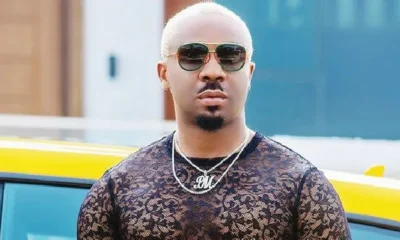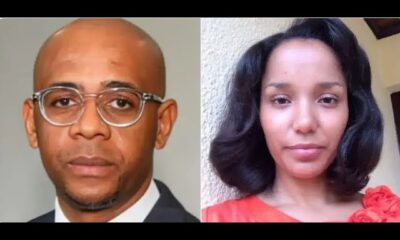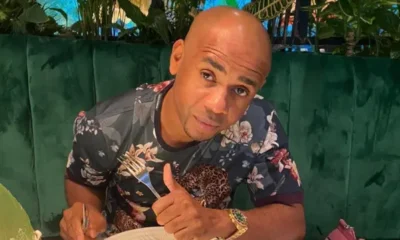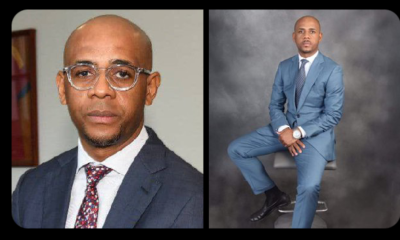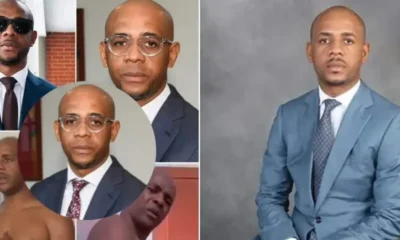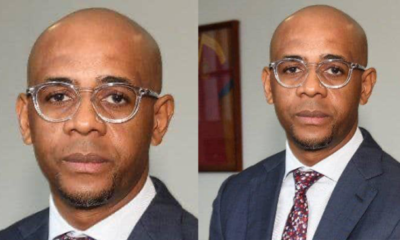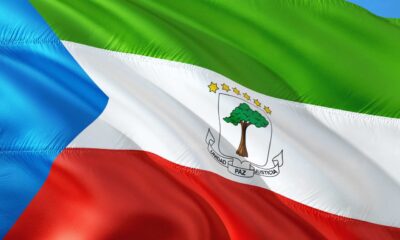Blog
Sexuality in Equatorial Guinea
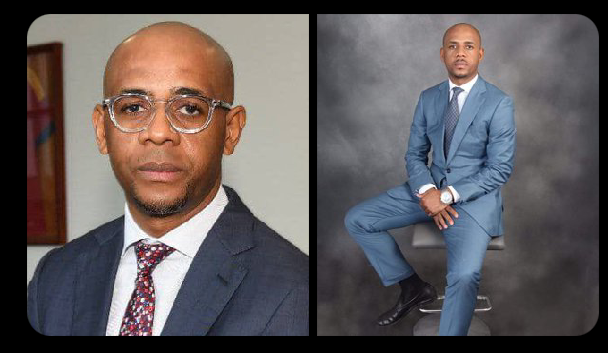
Equatorial Guinea is a nation characterized by a rich tapestry of cultural diversity, which extends into its views on sexuality and gender identity. With over 30 ethnic groups, including the Fang, Bubi, and Ndowe, the perceptions and practices related to sexuality can vary significantly across communities.
The recent sex scandal involving over 400 videotapes featuring prominent figures like Baltasar Engonga has thrust issues of sexuality into the national spotlight, complicating the already intricate discourse around sexual behaviour and ethics in the country.
Traditional Views on Sexuality
In many traditional societies within Equatorial Guinea, sexuality is often viewed through a lens of cultural and social norms. Sexuality is generally seen as a private matter, and open discussions about sexual health, orientation, and rights are limited. Traditional gender roles are prevalent, with expectations placed on men and women that align with historical and cultural values. For instance, men are often expected to be dominant and sexually assertive, while women are expected to be modest and focused on family.
In rural areas, sexuality is often linked to reproduction and marriage, with less emphasis on personal pleasure or sexual rights. This traditional viewpoint can limit access to sexual education, reproductive health services, and discussions around consent and personal autonomy.
Colonial Influence and Legal Framework
The colonial history of Equatorial Guinea has significantly influenced its legal framework regarding sexuality. During the Spanish colonial period, laws and norms around sexuality were heavily influenced by European standards, which often did not account for local customs. After gaining independence in 1968, the legal landscape regarding sexual rights and practices remained largely conservative.
Homosexuality, in particular, is not widely accepted in Equatorial Guinea. Same-sex relationships are criminalized under the Penal Code, which reflects a broader trend in many African countries where colonial-era laws remain in effect. The stigma surrounding homosexuality is profound, often leading to discrimination, violence, and social ostracization against LGBTQ+ individuals. The fear of persecution discourages many from openly expressing their sexual orientation or gender identity.
Current Challenges and Activism
Today, discussions about sexuality in Equatorial Guinea are often overshadowed by political repression and a lack of freedom of expression. Activism for sexual and reproductive rights faces significant hurdles, as civil society organizations often operate under strict scrutiny from the government. Human rights abuses against LGBTQ+ individuals, including harassment and violence, remain a critical concern.
Despite these challenges, there are local and international organizations that advocate for sexual health, education, and the rights of marginalized communities. Efforts to promote awareness around issues such as HIV/AIDS, reproductive health, and gender-based violence are increasingly important in addressing the sexual rights of individuals in Equatorial Guinea. However, these initiatives face resistance from conservative elements within society.
The Role of Religion
Religion plays a significant role in shaping attitudes towards sexuality in Equatorial Guinea. The country is predominantly Christian, with Catholicism being the largest denomination. Religious teachings often promote conservative views on sexuality, influencing public opinion and policy. The moral frameworks provided by religious institutions can further stigmatize discussions around sexual diversity and reproductive rights.



